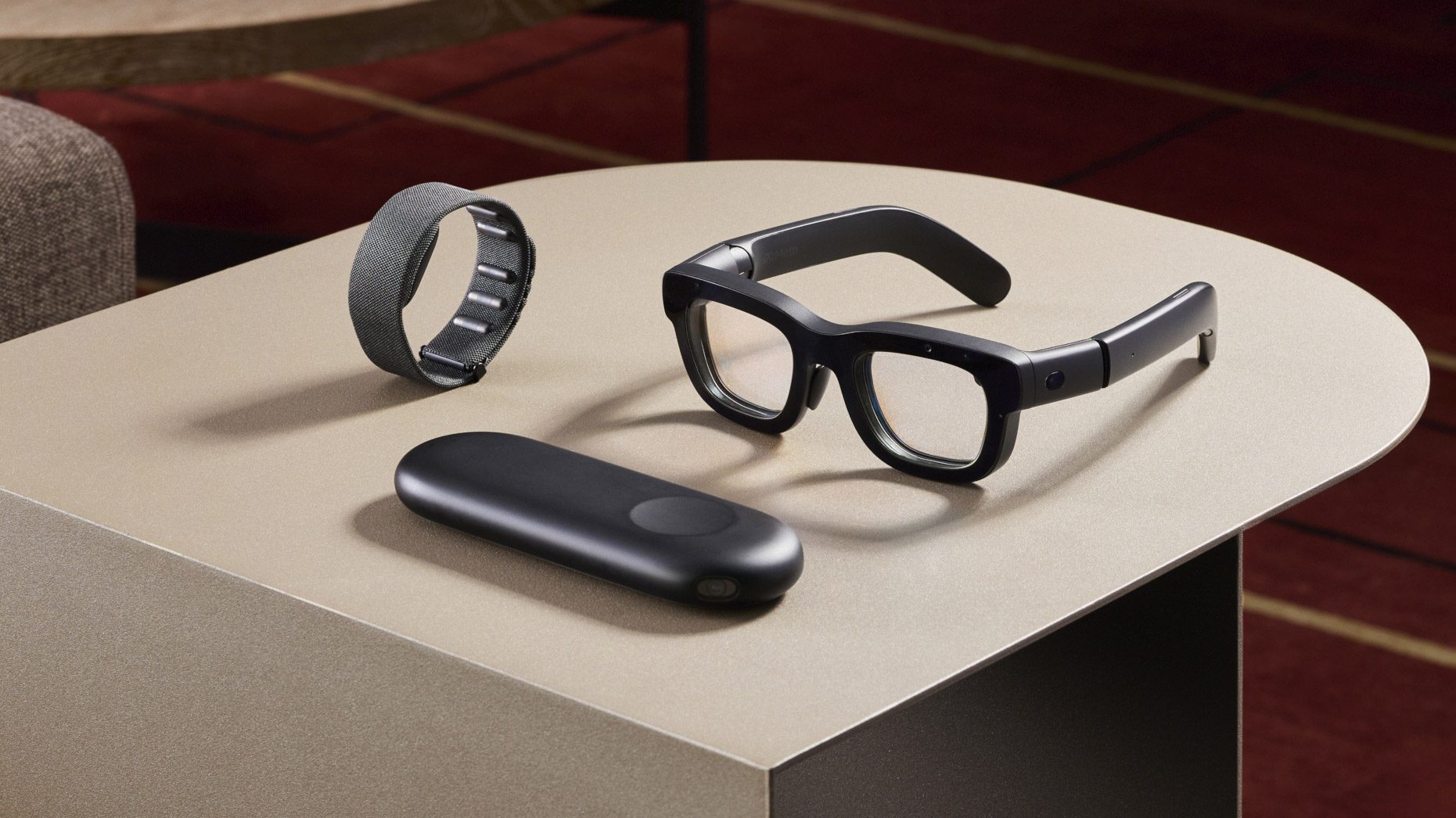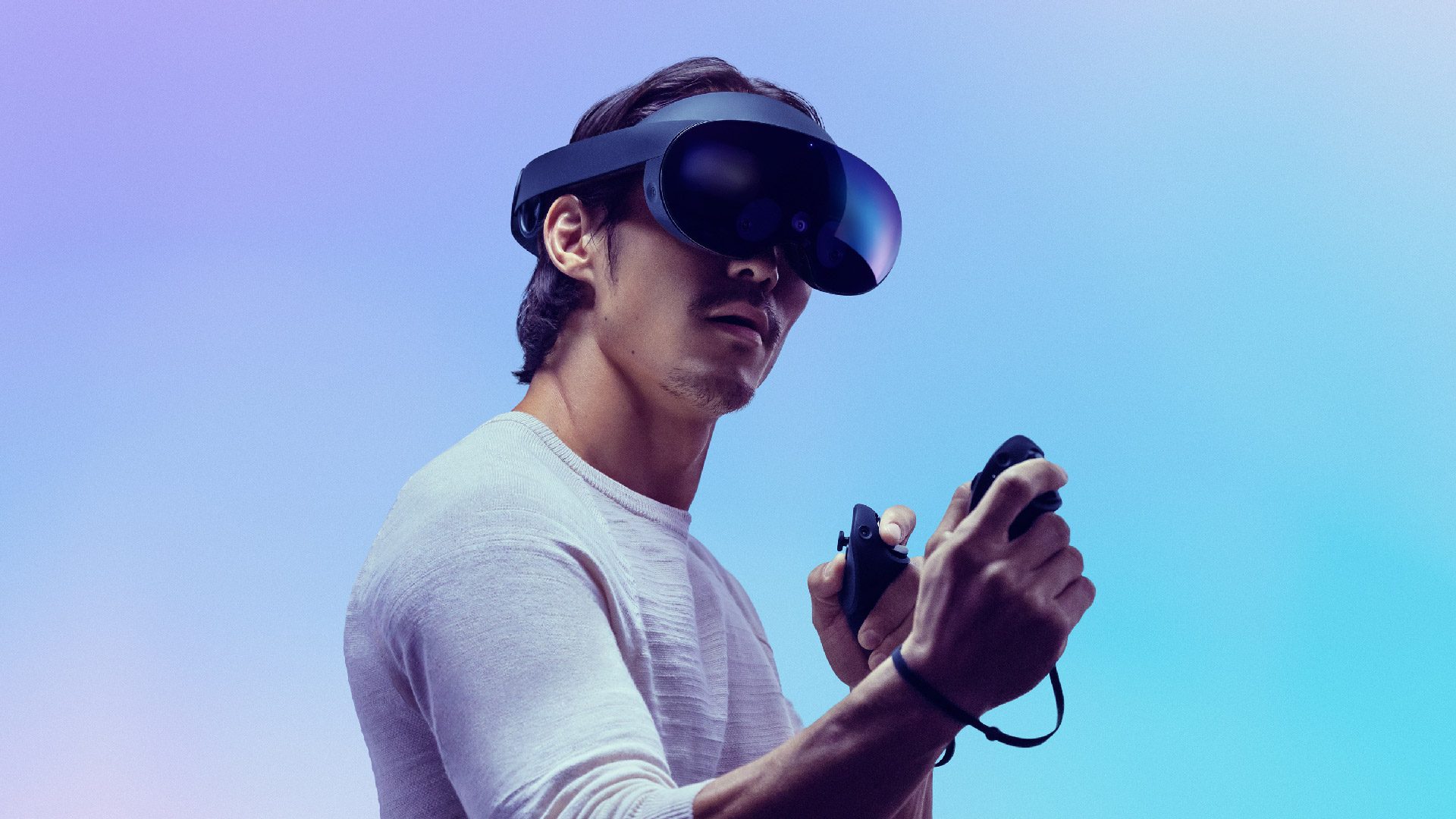In an interview with The Verge, Meta CTO and Reality Labs chief Andrew Bosworth confirmed a number of projects previously subject to speculation, detailed the company’s strategic shift toward AI, and confirmed plans to deepen its partnership with Ray-Ban parent EssilorLuxottica.
Meta reorganized Reality Labs earlier this year to better focus on wearables, such as Ray-Ban Meta Smart Glasses and AI-driven wearable tech, like the newer version of its wrist-worn controller revealed last month alongside Meta’s Orion AR glasses prototype.

To get there though, Bosworth outlined the company’s multi-phase process for product development. In a nutshell: a “pre-discovery” team prototypes novel concepts. Some ideas move to the “discovery” phase for feasibility and industrial design evaluation. Prototyping follows with more extensive executive involvement, and products that pass engineering validation may go to market.
In the interview, Bosworth confirmed a number of claims made in recent reports, including rumors that Meta is exploring earbuds with cameras, similar to what we’ve heard is currently going on at Apple, and a pair of mixed reality goggles which recently entered the discovery phase, described as “steampunk-like.”
Although Bosworth didn’t confirm this, a previous report from The Information maintained those mixed reality goggles could arrive as soon as 2027—assuming they successfully pass both prototyping and engineering validation phases.
Bosworth also confirmed a previous report that Meta has canceled a high-end Quest headset, codenamed La Jolla, which was initially expected to become the Quest Pro 2. The cancellation of La Jolla was likely due to tepid consumer responses to high-priced headsets like the Quest Pro and Apple Vision Pro.

It also seems reports were correct surrounding Meta’s plans to take a noncontrolling stake in EssilorLuxottica, the company behind Ray-Ban Meta Smart Glasses. Meta is seeking volume while the eyewear giant seeks margins. “That’s the tension, and we found a good solution to it, so we’re pretty excited about it,” Bosworth told The Verge.
Meanwhile, Meta is increasingly focused on AI-powered devices, aiming not to be outpaced by competitors like Apple. To boot, Meta is now developing multiple products simultaneously, a marked shift from its early days.
“We definitely don’t want to be outflanked by someone who came up with some clever, integrated wearable that we hadn’t thought about,” Bosworth says. “If there’s a part of your body that could potentially host a wearable that could do AI, there’s a good chance we’ve had a team run that down.”
This comes as Meta has just released Quest 3S, its new $300 mixed reality headset that undoubtedly hopes to replicate Quest 2’s success by packing in Quest 3’s chipset and full-color mixed reality capabilities alongside last-gen displays.



